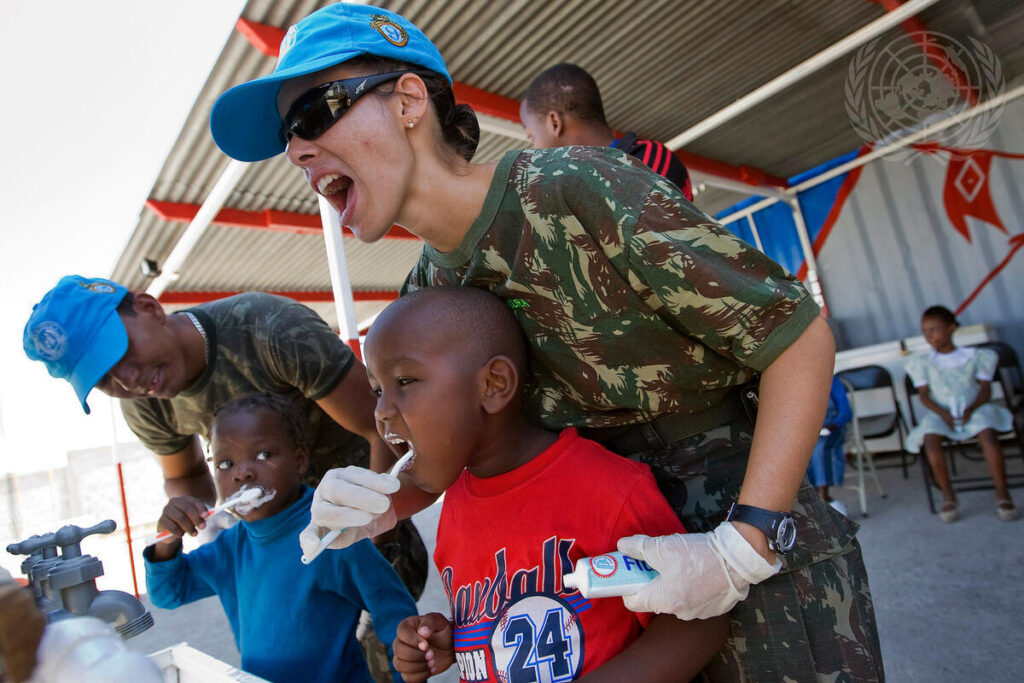
Awareness Raising and Societal Engagement
Implementing effective antimicrobial resistance approaches requires proper education and community involvement.
Civil Society and Media Engagement
Media, civil society, and communities must actively engage decision-makers to drive long-term accountability, implementation, monitoring, and evaluation of antimcrobial resistance (AMR) interventions.
Evidence: Mass media plays a role in enabling citizens to monitor the actions of policymakers, which can lead to governments that are more accountable and responsive to citizens needs. (Source)
This message is reflected in the U.N. political declaration in OP29, OP47, OP51.
Public Awareness and Behavior Change
Public campaigns to raise awareness about AMR are badly needed to promote appropriate antimicrobial use and other preventive behaviors.
Evidence: More than 75% of respondents across 12 countries included in the WHO multi-country public awareness survey incorrectly believed that AMR occurs when their body becomes resistant to antibiotics, whereas in fact bacteria, not humans, become resistant. (Source)
This message is reflected in the U.N. political declaration in PP8, OP47, OP51.
Education and Training for Healthcare Workers
A standardization of AMR education for healthcare workers, both pre- and in-service, is needed to promote competencies in line with WHO’s AWaRe framework for preventing inappropriate antimicrobial prescription and use practices.
Evidence: In the human health sector, a major reason given by health workers and students for the misuse of antimicrobials is the lack of understanding and adequate expertise to address AMR. (Source)
This message is reflected in the U.N. political declaration in OP51, OP94-95.
Primary and Secondary School Education
AMR awareness and appropriate use of antimicrobials should be integrated into primary and secondary education curricula.
Evidence: Primary and secondary schoolchildren do not receive education on AMR in 78% of countries, according to 2023 TrACSS data. (Source)
This message is reflected in the U.N. political declaration in OP51.
Prioritizing Equity in AMR Approaches
AMR interventions should be human rights-based, gender transformative, stigma-free, and people-centered and not cause additional burden on receiving at-risk populations.
Evidence: In addition to maternal health risks, female-dominated professions, such as teaching and health care, are also associated with more frequent exposure to infection and disease. (Source)
This message is reflected in the U.N. political declaration in OP14-15.